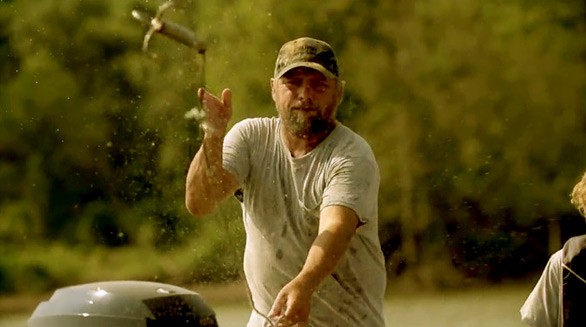Drake Sues Over Kendrick Lamar's 'Not Like Us' — Is Rap Beef Now Defamation?
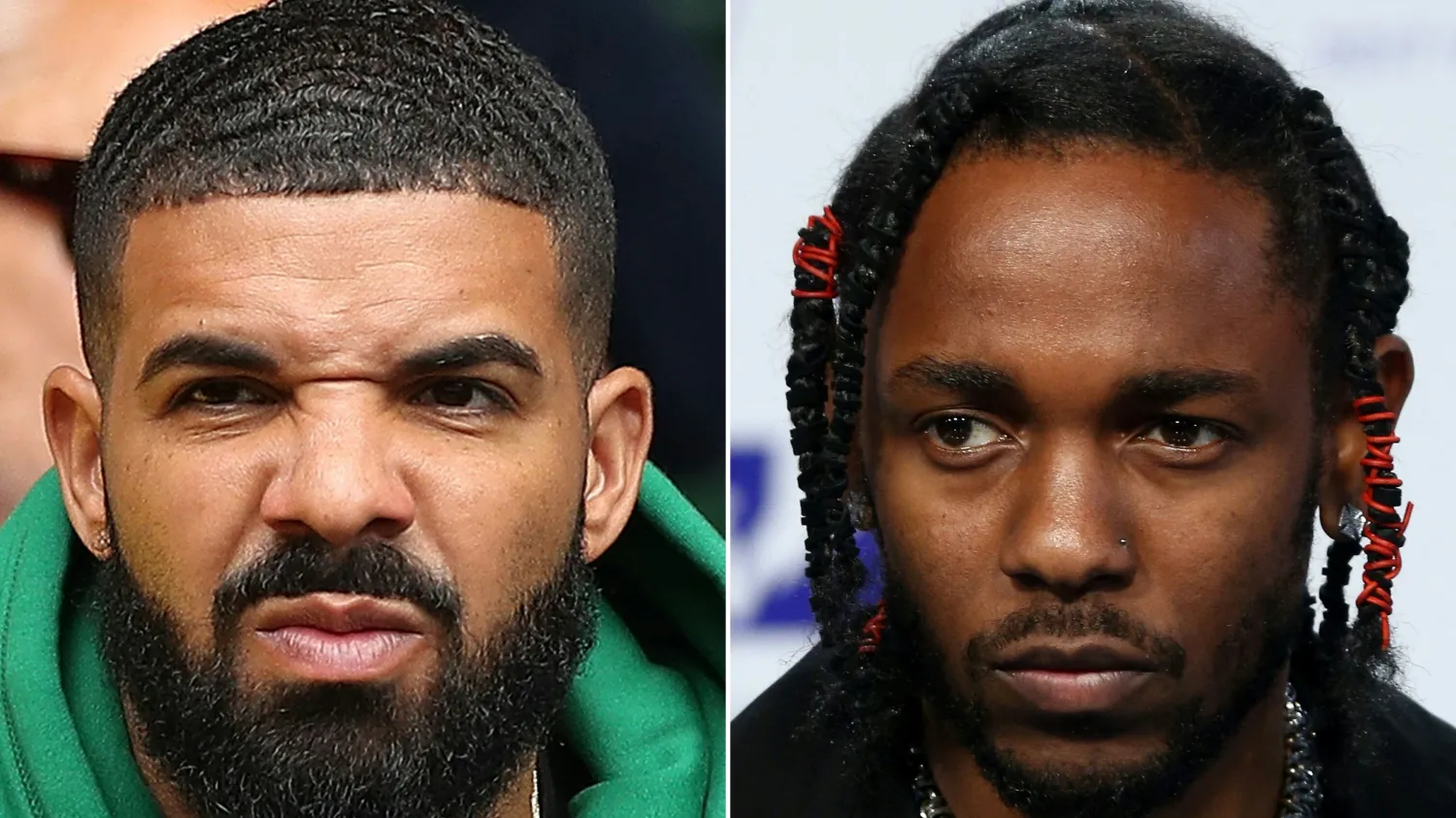
Is it defamation or just hip-hop bravado? That’s what a federal judge is now weighing as Drake’s high-profile lawsuit against Universal Music Group takes center stage — all sparked by Kendrick Lamar’s chart-topping diss track, “Not Like Us.”
The fiery anthem, which won multiple Grammys and became a cultural phenomenon, is now under legal scrutiny after Drake claimed the lyrics crossed the line from artistic expression to slander.
🎤 From the Booth to the Bench
At the heart of the case is whether “Not Like Us” constitutes defamation, or if it’s protected speech under the long-standing tradition of lyrical rap beef.
In a lively courtroom hearing Monday, Judge Jeannette Vargas wrestled with the nuances of rap lyricism versus real-world reputational damage.
“Who is the ordinary listener?” she asked. “Is it someone who’s going to catch all those references? There’s so much specialized and nuanced to these lyrics.”
Neither Drake nor Kendrick Lamar attended the hearing.
🧨 The Lawsuit: What Drake Is Claiming
Drake’s lawsuit accuses Universal — the label representing both artists — of publishing and promoting the track despite knowing its allegedly defamatory content.
Key points from the lawsuit:
- Drake says Lamar’s lyrics falsely imply he’s a sex offender and “likes ’em young”
- He claims the song’s cover art, which included an aerial shot of his home, led to real-world threats, including break-ins and a shooting involving a security guard
- Drake's legal team argues that the song's reach was so massive, it went far beyond rap culture — being played everywhere from bar mitzvahs to mainstream radio
“This song achieved a cultural ubiquity unlike any other rap song in history,” said Drake’s attorney, Michael Gottlieb. “Even a 13-year-old dancing at a bar mitzvah could hear this and not understand the context.”
🛡️ Universal Fires Back: It’s Just Rap Beef
Universal’s attorneys are pushing for the lawsuit’s dismissal, arguing that rap battles are inherently full of exaggeration, bravado, and metaphor — not literal accusations.
“What you hear in these rap battles is trash-talking in the extreme,” said Universal’s lawyer Rollin Ransom. “It is not, and should not be treated as, statements of fact.”
To make their case, Universal pointed to Drake’s own lyrics, including his barbed response in “Taylor Made Freestyle,” which contained its own dose of profanity and insults aimed at Lamar.
📻 More Than Just One Fight
Drake has also taken aim at iHeartMedia, claiming Universal paid the company for extra airplay of “Not Like Us.” That dispute was resolved in March, but the broader defamation case remains open — and Drake has not sued Kendrick Lamar personally.
🎶 A Cultural Flashpoint
“Not Like Us” wasn’t just a song — it became a record-breaking hit, dominating Apple Music streams, winning Record of the Year and Song of the Year, and even being played during the Super Bowl halftime show, the most-watched in history.
Whether the lyrics are legally protected or legally damaging is now up to the court to decide — in what could be a landmark case for free speech, music, and the future of rap beef.
Entertainment Headlines
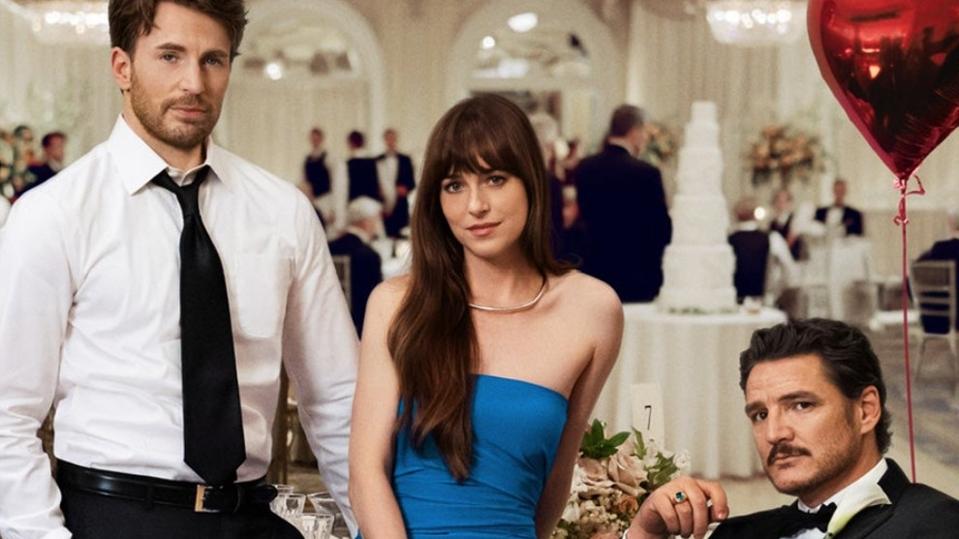
Dakota Johnson’s Materialists Sets Streaming Release Window
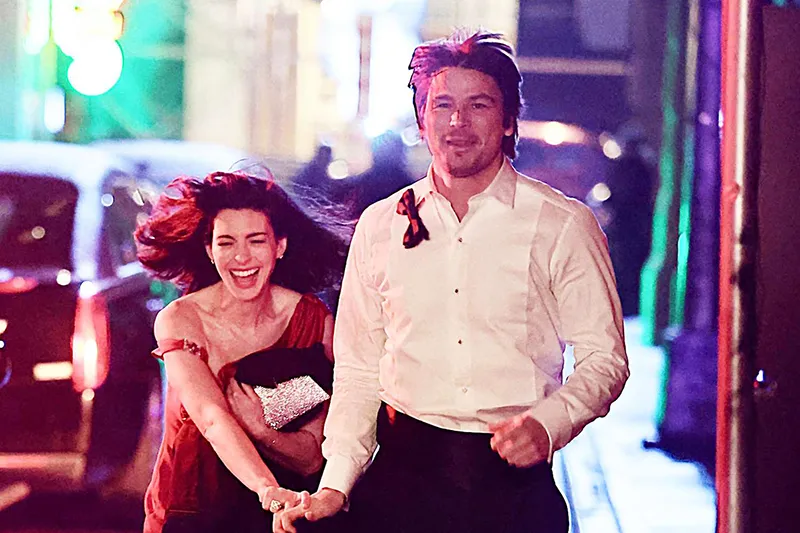
Anne Hathaway’s Verity Thriller Moves to Fall 2026 as Star-Studded Cast Builds Anticipation
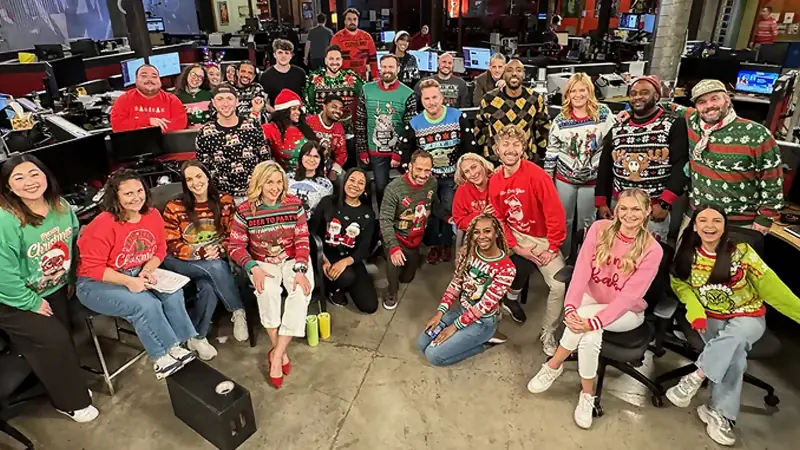
“Disgusting & Inhumane”: What the Timestamp Evidence Reveals About TMZ’s Staff Cheering During Charlie Kirk Death Announcement
